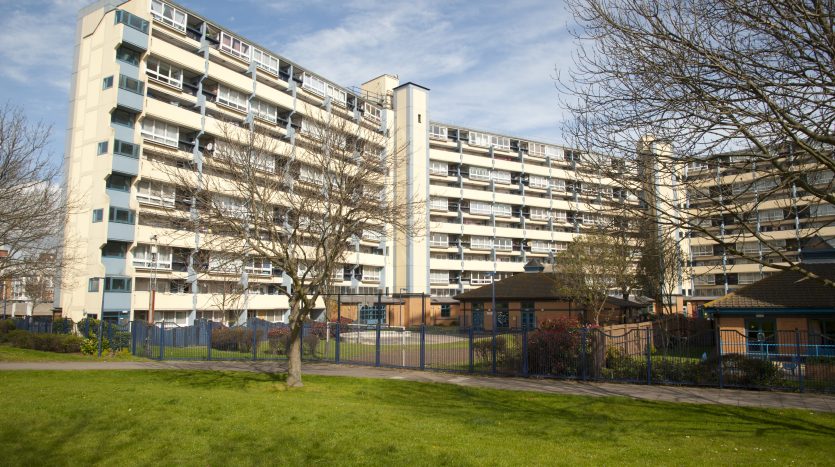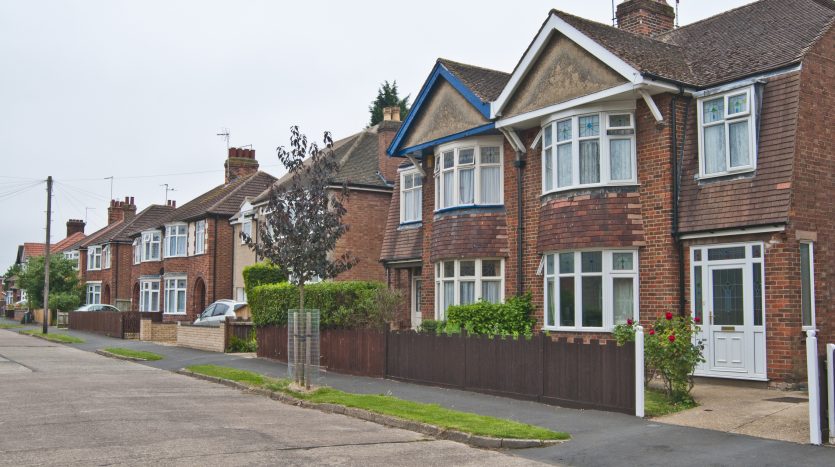The Hidden Risk Behind “Government Backed” Social Housing Investments
In recent years, social housing investments have created a real buzz in the UK property market. The pitch sounds irresistible:
- Up to 20% net rental returns
- No management or maintenance responsibilities
- Income streams promoted as “government backed”
At first glance it appears to be the safest and most profitable investment option available. In reality, a well-disguised risk has emerged in the sector, leaving many investors exposed to potentially devastating losses.
What Is Exempt Accommodation?
- Counselling
- Help with employment
- CV writing
- General life skills support
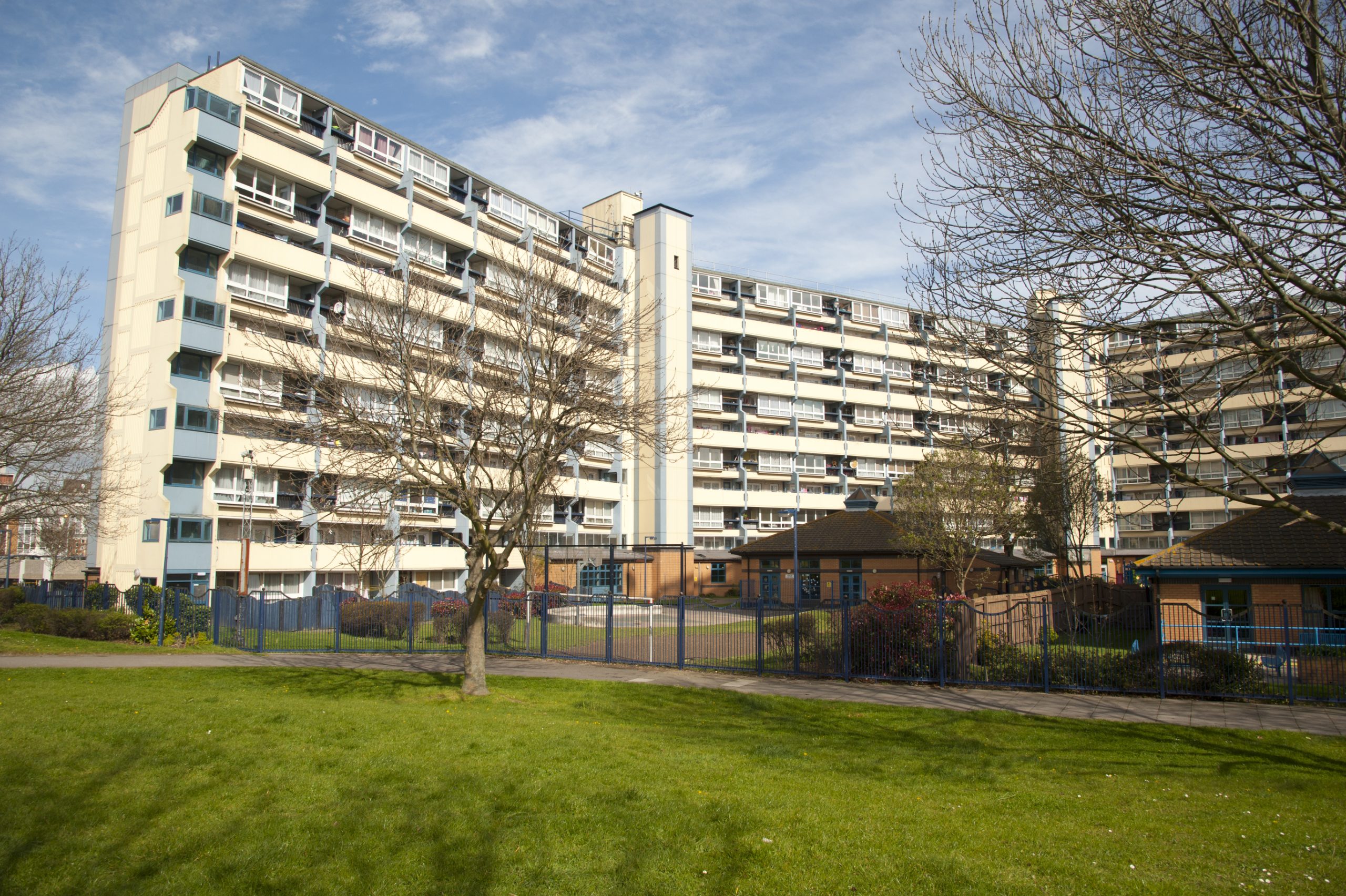
How the Model Creates Inflated Income
- A three-bedroom semi-detached house worth about £220,000 is purchased.
- It is converted into a six or seven bedroom HMO (house in multiple occupation).
- Because the property is controlled or managed by a registered provider of social housing, it qualifies for an HMO licensing exemption.
- Vulnerable tenants are placed in the property, and the provider claims both LHA and the exempt accommodation top-up.
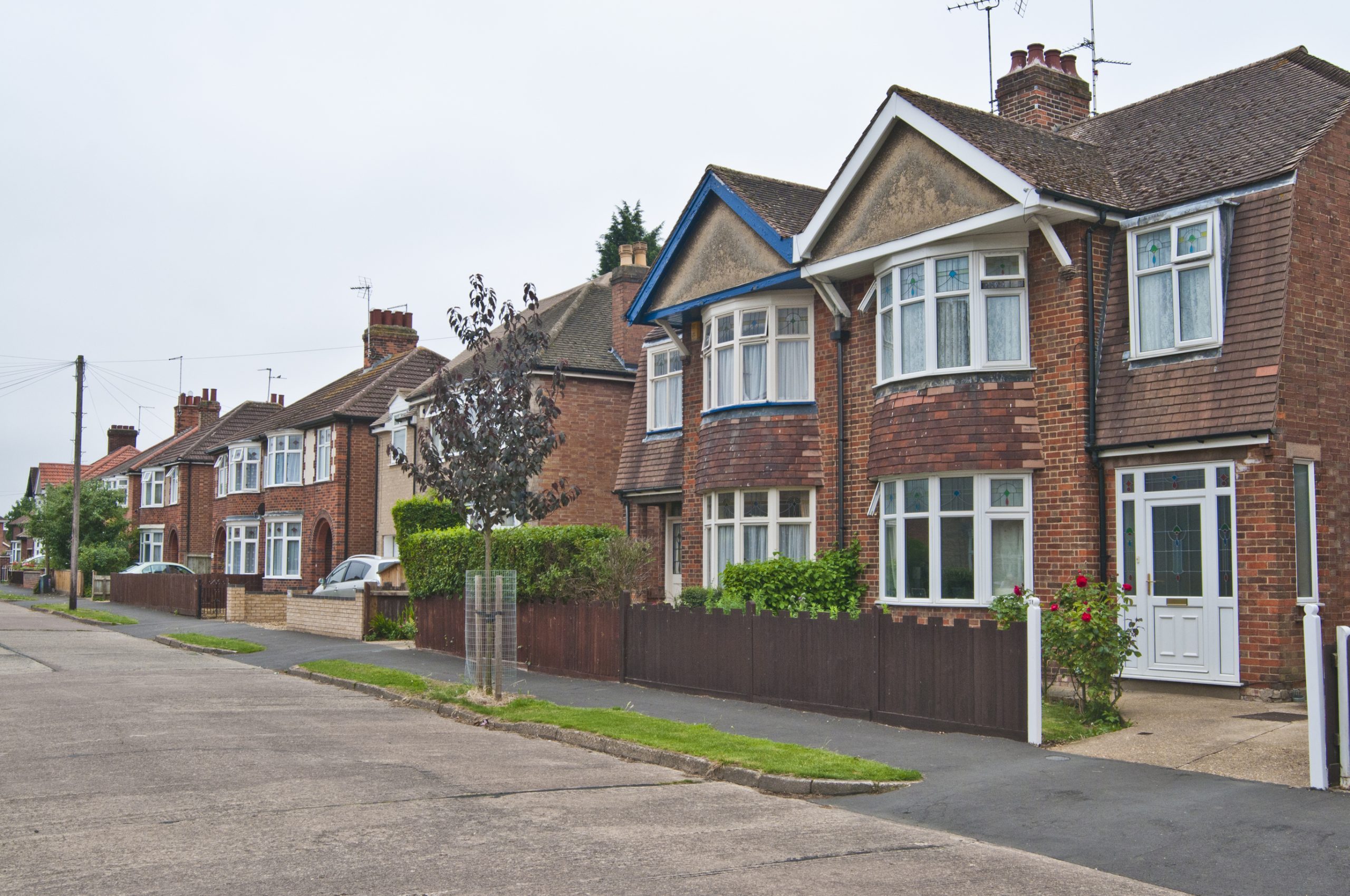
How Investors Get Drawn In
- Hands-off investment
- High yields with minimal involvement
- Long leases with publicly funded rents
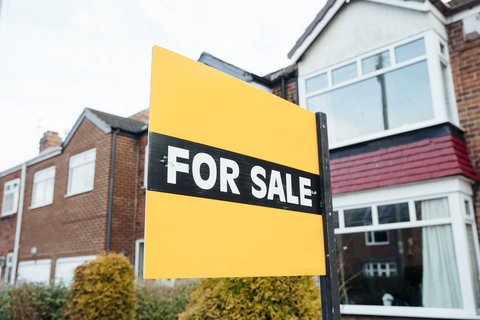
The Imminent Risk of Collapse
- Inflated rents will fall
- Providers built on excessive claims will fail
- Investors will be left holding overvalued and problematic assets

Why This Scam Is So Dangerous
- Real tenants are in place
- Real Housing Benefit claims are being processed
- Real properties exist in UK cities

How to Protect Yourself
- Examine the returns carefully. Compare them with standard market yields. If they are far higher than average, investigate why.
- Research the provider. Look for a history of audited accounts and evidence of genuine support work. Be cautious of new companies with no track record.
- Check the underlying property value. Consider what the property would be worth without the inflated lease in place.
- Seek independent advice. Always rely on your own legal and financial professionals, not only on documents provided by the seller.
Social housing plays an important role in the UK, but it has also become a way for opportunists to exploit both the welfare system and investors. Behind the promise of “government backed” returns lies one of the most risky models in the property market today.
As regulation tightens, these schemes are likely to collapse, leaving investors with overvalued and sometimes unusable properties.
Before committing to any social housing investment, dig deeper, ask hard questions, and remember this rule: if the returns look too good to be true, they probably are.
Want to be the first to know about top UK Property insights?
Make sure you are on our mailing list to receive the latest industry information.

